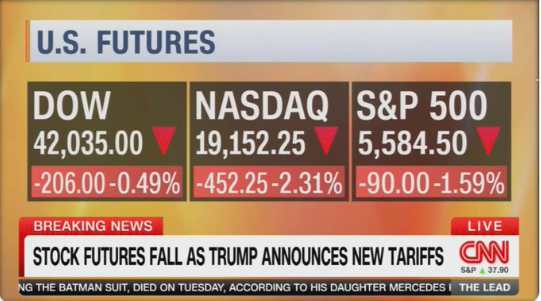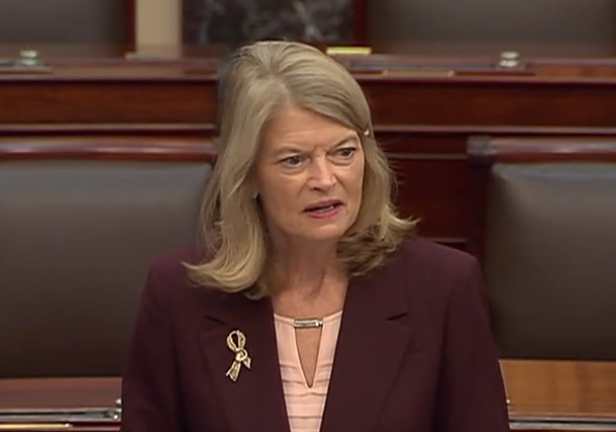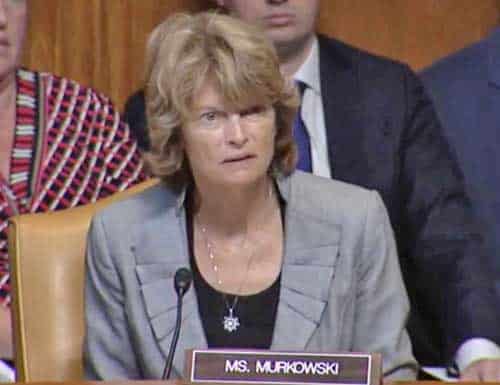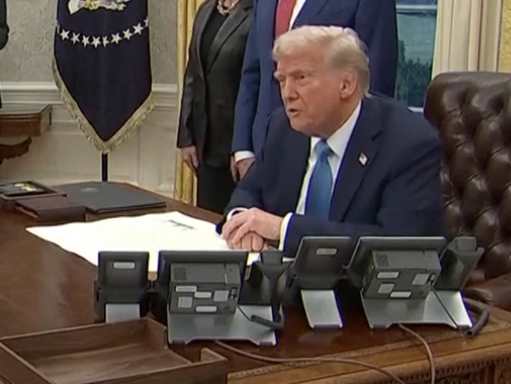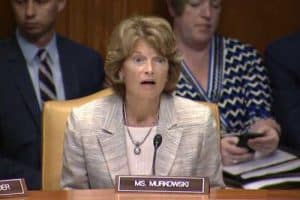
WASHINGTON D.C.— During a Commerce, Justice, and Science (CJS) Appropriations Subcommittee hearing recently, U.S. Senator Lisa Murkowski (R-AK) questioned Ambassador Robert E. Lighthizer, U.S. Trade Representative, on the administration’s plans to ensure our trade policy allows seafood producers to thrive, citing China’s recently announced 25 percent tariff on American seafood imports.
“It has clearly rattled my state. Our seafood industry is the number one private industry in terms of the jobs and the economic opportunity it brings. Last year with our salmon exports about 40 percent of our salmon went to China over the last 5 years, it’s been about a half of our salmon has been exported to China. And it’s not just the salmon. With Cod, 54% of our Cod [exports] last year went to China. So this is very, very significant to us,” said Senator Murkowski. “We’re still trying to figure out what exactly what this means not only to our fishermen, but to the processors, the logistics industry – all aspects of the seafood supply chain. And then the 10 percent retaliatory tariffs that were announced just last month put even more pressure on our seafood processors because many of our fish and shellfish that are harvested in the state are then processed in China before reimporting back to the US for domestic distribution. So, in many ways were looking at this and it is in effect, imposing a 10 percent tax on our own seafood. Which is just a tough one to reconcile.”
Senator Murkowski questioned Ambassador Lighthizer on the administration’s plans to ensure our trade policy allows seafood producers to thrive, specifically asking how can the administration can give that assurance to the seafood industry that is not only critical to Alaska, but to so many of our coastal states.
Ambassador Lighthizer responded,
“First of all you’re right. It’s not just Alaska. We’ve heard from a number of states that have a problem. All of the retaliation in seafood has been from China because they believe it’s an effective political tool and that’s very unfair to the people that are in that industry. Much in the same way that agriculture has been targeted by others, but also primarily by China.”
[xyz-ihs snippet=”Adversal-468×60″]
Ambassador Lighthizer did not answer repeated questions for whether or not there is a more detailed plan to protect seafood producers, but instead said that he would have to get back to the Senator. When Senator Murkowski asked Ambassador Lighthizer who is eligible for the recently announced $12 billion in aid for farmers and whether that encompasses fishermen, Lighthizer said he would look into it.
On Tuesday, after the administration announced $12 billion in aid for farmers, Senator Murkowski encouraged the President to take a broader view of the impacts his administration’s trade policy is having on various sectors, such as the seafood and energy industries, and reminded the President that trade assistance is no substitute for trade itself.



